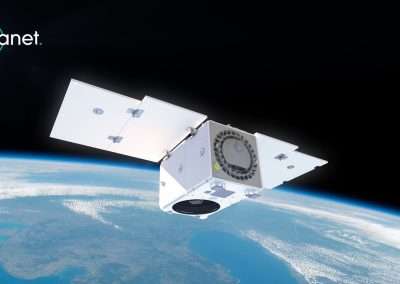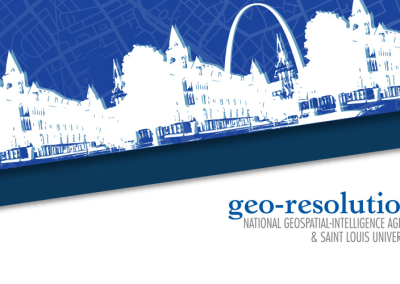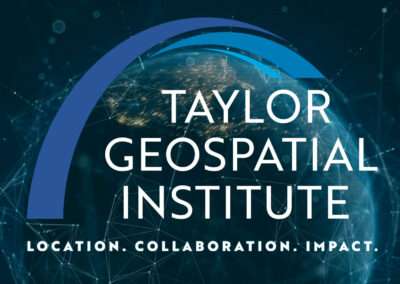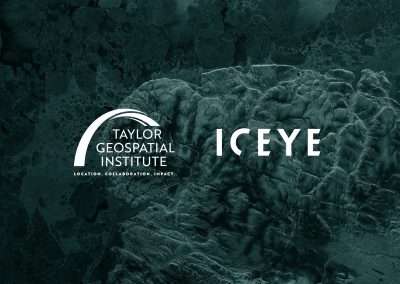SAN FRANCISCO–(BUSINESS WIRE)– Planet Labs PBC (NYSE: PL), a leading provider of daily data and insights about Earth, today announced that it has extended its contract to provide data to the Taylor Geospatial Institute (TGI) into 2026. TGI, a rising geospatial research consortium, represents Planet’s largest ever direct university engagement. Under the multi-year contract, TGI can leverage various industry-leading products from Planet, including its flagship PlanetScope data, robust data archive, high-resolution SkySat data, and various Planetary Variable analytic products.
Founded in 2022, TGI is a first-of-its-kind entity in the geospatial ecosystem–designed to fuel research, collaboration, and impact. Bringing together a consortium of eight leading universities and research centers, TGI aims to catalyze collaboration across its consortium, to connect partners in the broader geospatial ecosystem, and to align distinctive strengths, collective expertise, and shared resources to generate innovative research and solutions.
Access to Planet’s data helps TGI researchers explore issues surrounding national security and global food security, as well as advance core geospatial science, computation, and artificial intelligence initiatives. Additionally, Planet data contributes to TGI’s mission to train the next generation of the geospatial workforce.
About Taylor Geospatial Institute
TGI is passionate about fueling geospatial science and technology to create the next generation of solutions and policies that the whole world will depend on for sustainability and growth.
The TGI consortium includes Saint Louis University, the Donald Danforth Plant Science Center, Harris-Stowe State University, University of Illinois Urbana-Champaign, Missouri University of Science & Technology, University of Missouri-Columbia, University of Missouri-St. Louis, and Washington University in St. Louis. Collectively, these institutions cover geospatial research from ocean depths to outer space.
For more information, visit taylorgeospatial.org.





